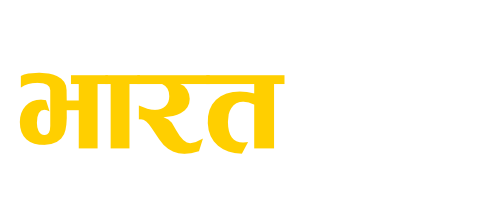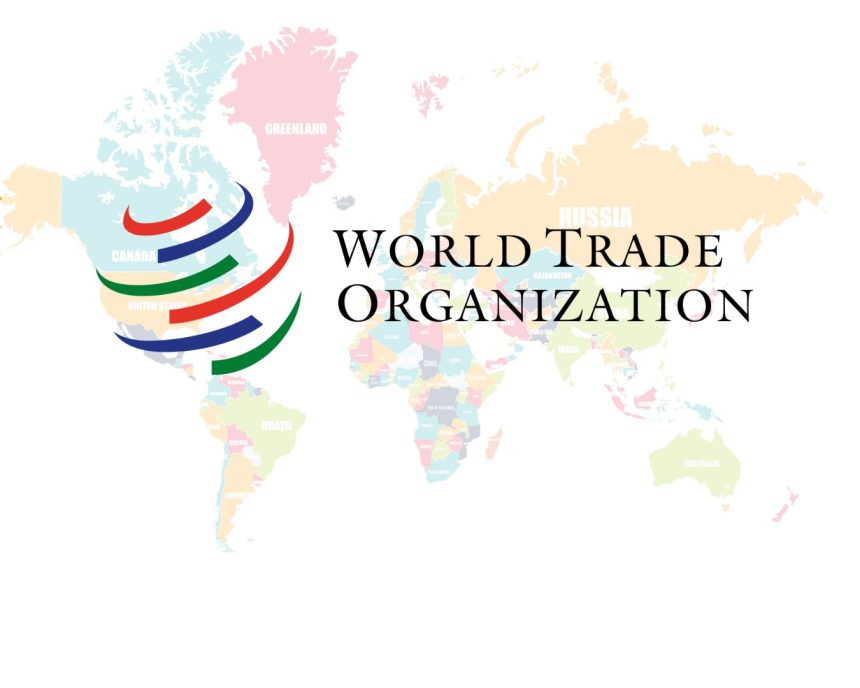The World Trade Organization (WTO) is an international organization that plays a crucial role in shaping the world economy by promoting free trade and ensuring fair competition. The organization was established in 1995 and since then it has been responsible for facilitating and regulating global trade through a system of rules and agreements. With its headquarters in Geneva, Switzerland, the WTO has 164 member countries that make up more than 97% of the world’s total trade.
What is the World Trade Organization (WTO)?
The World Trade Organization is the only global international organization that deals with the rules of trade between nations. It was established on January 1, 1995, to replace the General Agreement on Tariffs and Trade (GATT) which was established in 1948. The WTO has 164 members, accounting for over 97% of world trade. The organization’s headquarters is located in Geneva, Switzerland.
The primary purpose of the WTO is to ensure that trade flows as smoothly, predictably, and freely as possible. It does this by promoting open trade and providing a forum for member countries to negotiate, monitor, and enforce trade agreements. The WTO also provides a platform for resolving trade disputes and provides technical assistance to developing countries.
The Functions of WTO
The main functions of the World Trade Organization are to facilitate the negotiation and implementation of trade agreements, to monitor the trade policies of its member countries, and to provide a forum for settling trade disputes.
Facilitation of Trade Agreements
The WTO plays an important role in facilitating trade agreements between its member countries. The organization provides a platform for member countries to negotiate and reach agreement on trade-related matters such as reducing trade barriers, increasing market access, and promoting fair competition. These agreements are then reflected in WTO agreements, such as the General Agreement on Tariffs and Trade (GATT) and the Agreement on Trade-Related Aspects of Intellectual Property Rights (TRIPS).
Monitoring of Trade Policies
The World Trade Organization also monitors the trade policies of its member countries to ensure that they are in line with WTO rules and agreements. The organization carries out regular trade policy reviews of its member countries, which provide an opportunity for other members to express their concerns and suggest changes to the policies being reviewed.
Settlement of Trade Disputes
The World Trade Organization provides a forum for settling trade disputes between its member countries. If a member country feels that another member country is violating World Trade Organization rules or agreements, it can bring the dispute to the attention of the WTO. The dispute resolution process is designed to provide a fair and impartial solution to the dispute, and to ensure that the losing party complies with the ruling.
How does the WTO work?
The World Trade Organization operates through a series of agreements, rules, and procedures. These agreements are the cornerstone of the WTO and outline the rules of trade between its member countries. The agreements cover a wide range of issues, including tariffs, subsidies, trade in services, and intellectual property rights.
The World Trade Organization operates through a series of councils, committees, and working groups that are responsible for different areas of the organization’s work. The highest decision-making body is the Ministerial Conference, which meets every two years and is attended by trade ministers from all member countries. The General Council, which meets regularly, acts as the WTO’s highest executive body.
One of the key functions of the World Trade Organization is dispute resolution. When a member country feels that another country’s trade policies are discriminatory or restrictive, it can raise a dispute at the WTO. The dispute is then heard by a panel of independent experts, who make a recommendation on the matter. If the parties involved in the dispute cannot resolve the issue, the recommendation may be appealed.
The World Trade Organization also provides technical assistance to developing countries, helping them to participate in the multilateral trading system and to benefit from the opportunities that it provides. This includes providing advice on trade policies and negotiating strategies, as well as helping countries to implement their obligations.
The Significance of WTO
The significance of the World Trade Organization lies in its role as a regulator of international trade. The World Trade Organization sets the rules for international trade, ensuring that trade flows as smoothly, predictably, and freely as possible. This helps to promote economic growth and development, and to reduce poverty.
The World Trade Organization also provides a platform for resolving trade disputes, ensuring that member countries can resolve their differences in a fair and transparent manner. This helps to maintain stability in the global trading system and to prevent trade wars.
Another important aspect of the World Trade Organization is its role in promoting open trade. The WTO works to reduce trade barriers and to promote market access, which benefits both exporters and importers
Promotion of Free Trade
The World Trade Organization plays a key role in promoting free trade by reducing trade barriers and promoting fair competition. This helps to increase market access for goods and services and creates opportunities for economic growth and development.
Fostering Global Economic Cooperation
The World Trade Organization provides a platform for global economic cooperation, helping to bring together countries from all over the world to work towards common goals. This cooperation is essential for promoting trade, investment, and economic growth, and for addressing global economic challenges such as poverty and inequality.
Ensuring Fair Competition
The World Trade Organization helps to ensure fair competition by promoting transparency and accountability in the trade policies of its member countries. This helps to prevent anti-competitive practices such as price fixing, market manipulation, and abuse of dominant market position.
Providing a Forum for Settling Trade Disputes
The World Trade Organization provides a forum for settling trade disputes between its member countries, helping to prevent trade conflicts and promoting stability in the world economy. The dispute resolution process helps to ensure that trade disputes are resolved in a fair and impartial manner, and that the losing party complies with the ruling.
Shaping the World Economy
The World Trade Organization plays a crucial role in shaping the world economy by promoting free trade, fostering global economic cooperation, and ensuring fair competition. The organization has helped to reduce trade barriers, increase market access, and promote economic growth and development, creating opportunities for businesses and consumers around the world.
The World Trade Organization also plays an important role in addressing global economic challenges, such as poverty and inequality, by promoting trade and investment and fostering economic cooperation between its member countries. The organization is






